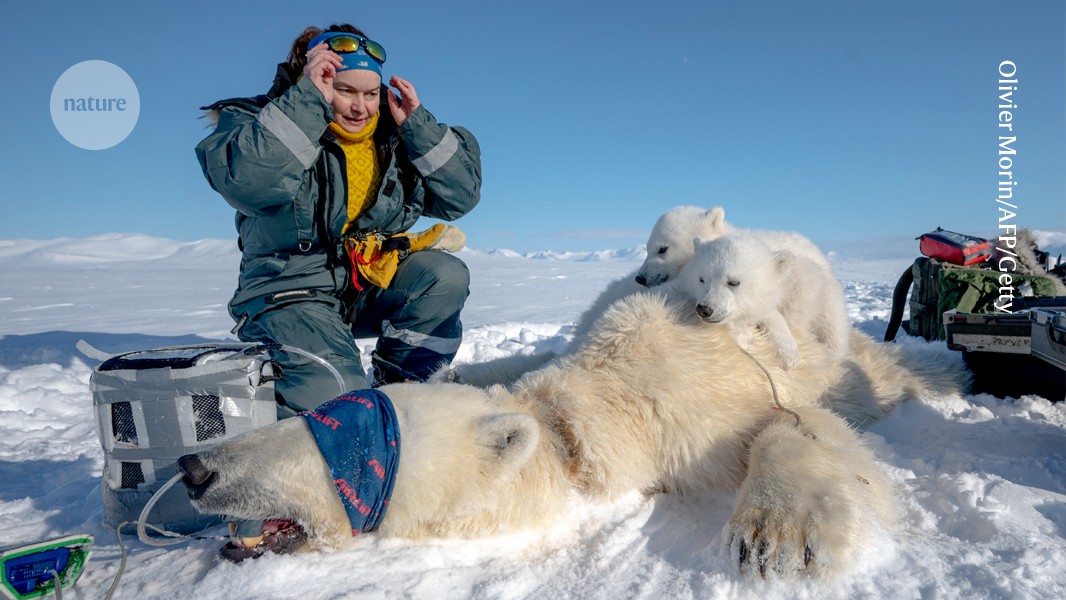
"The polar regions drive global climate, environmental dynamics and even human evolution - and have done so for millions of years, making them crucial in climate policy debates."
"As the Arctic and Antarctica grow warmer, the fragile window available to us for understanding these icy outposts and the planetary processes they control is rapidly closing."
In Neil Shubin's 'Ends of the Earth,' the author explores the significance of the polar regions, emphasizing their role in global climate, environmental dynamics, and human evolution. As temperatures rise, opportunities to study these environments decline, presenting urgency in preserving knowledge of their ecosystems. Shubin combines personal experiences from expeditions with insights from researchers, highlighting how polar ice dynamics influence not only Earth's geology but also climate policies. The book underscores that the permafrost could release vast amounts of carbon, impacting global climate further.
Read at Nature
Unable to calculate read time
Collection
[
|
...
]